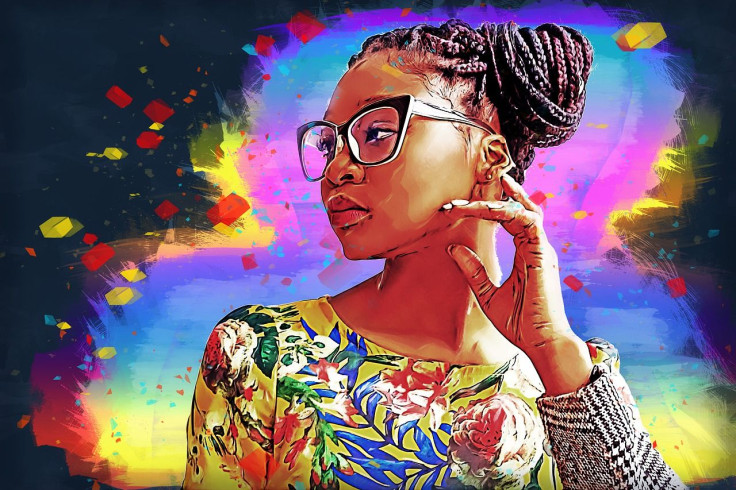'Majority' Of Young Black Girls Have Negative Hair Experiences: Study
KEY POINTS
- Many young Black girls experience hair-related bullying/teasing
- The experiences were mostly in school settings by peers and educators
- "We all need to do a better job celebrating natural hair," says study senior author Marisol Perez
Negative hair experiences such as unwanted touching and teasing are common among young black girls, a new study has found. Unfortunately, this also affects their hair satisfaction level.
Experiencing bullying or teasing can not only impact young people's development but also tends to perpetuate social stereotypes, the researchers wrote in their paper, published in Body Image. One common form of bullying and teasing is based on physical appearance such as "hair, skin color, weight."
"(R)ace-related bullying and teasing is associated with a host of negative outcomes," the researchers wrote. "For example, research documents a positive association between racial discrimination and low self-esteem, psychological distress, emotional distress, anxiety, depressive symptoms, and academic achievement."
For their work, the researchers sought to have a closer look at young black girls' experiences related to their hair. It is the first such study to examine hair satisfaction among young Black girls, Arizona State University (ASU) noted in a news release, adding that it was "motivated" by recent events wherein Black youth faced hair discrimination in school.
The researchers conducted the study on 105 girls, who were identified as Black or African-American. They were between the ages of 10 and 15 and were asked to answer a series of questions on topics such as their hair satisfaction, perceived teasing or bullying related to their hair and pressure from friends or family.
When asked to define what "good hair" is, the girls' most common answers included words like "flowy," "soft" and "straight." In contrast, "short" and "difficult to comb through" were among the words used to describe "bad hair." The most common responses to a question about where the criteria came from was media – Black models often have had their hair altered to be straight or wavy – and school, where many got negative feedback about Black hair.
The "majority" of the young girls also reported experiencing or witnessing bullying or teasing about hair.
"Approximately, 22% of 10-year-olds, 14% of 11-year-olds, 54% of 12-year-olds, 35% of 13-year-olds, and 32% of 14-year-olds reported experiencing hair-related teasing," the researchers noted.
This included negative comments about their hair or having their hair touched without permission. In fact, the rate of hair touching without permission ranged from 50% among 11-year-olds to a whopping 81% among 12-year-olds.
"Having an understanding of what Black kids go through is important, even for something that might seem trivial like hair," Mel Holman, study co-author, said in the news release. "This study shows different types of discrimination and microaggressions that young kids might go through that are not recognized by others because people think it's just hair."
The experiences happened "predominantly" in school settings and by their peers, as well as educators.
Unfortunately, this has also affected the girls' perception of their hair, as those who reported a higher frequency of hair-related teasing also had "significantly" lower scores on hair satisfaction. On the other hand, having friends who like their natural hair was associated with higher hair satisfaction, noted the researchers.
"Overall, the findings support the existing literature: Hair-related experiences are an important part of development among Black/African-American girls and adolescents, and hair represents an expression of culture, individuality, and confidence," the researchers wrote.
"These findings highlight the need for implementation of training and education regarding the reinforcement of Eurocentric hair-related beauty ideal standards for educators and other school staff," they added.
The children reported they try to have "positive thoughts" such as "I love my natural hair" to cope with the negative experiences, while a quarter of participants also said they rely on family support.
Parents can help their children in various ways, Holman said. For instance, they can encourage their kids to wear their hair naturally or in braids, and tell them that it's okay to voice out their discomfort when someone touches their hair without permission.
"These girls should not have to be resilient. We all need to do a better job celebrating natural hair—in the media, in school settings and in the beauty industry, which financially benefits from girls and women thinking they need to alter their hair," said study senior author Marisol Perez, of ASU.

© Copyright IBTimes 2024. All rights reserved.






















